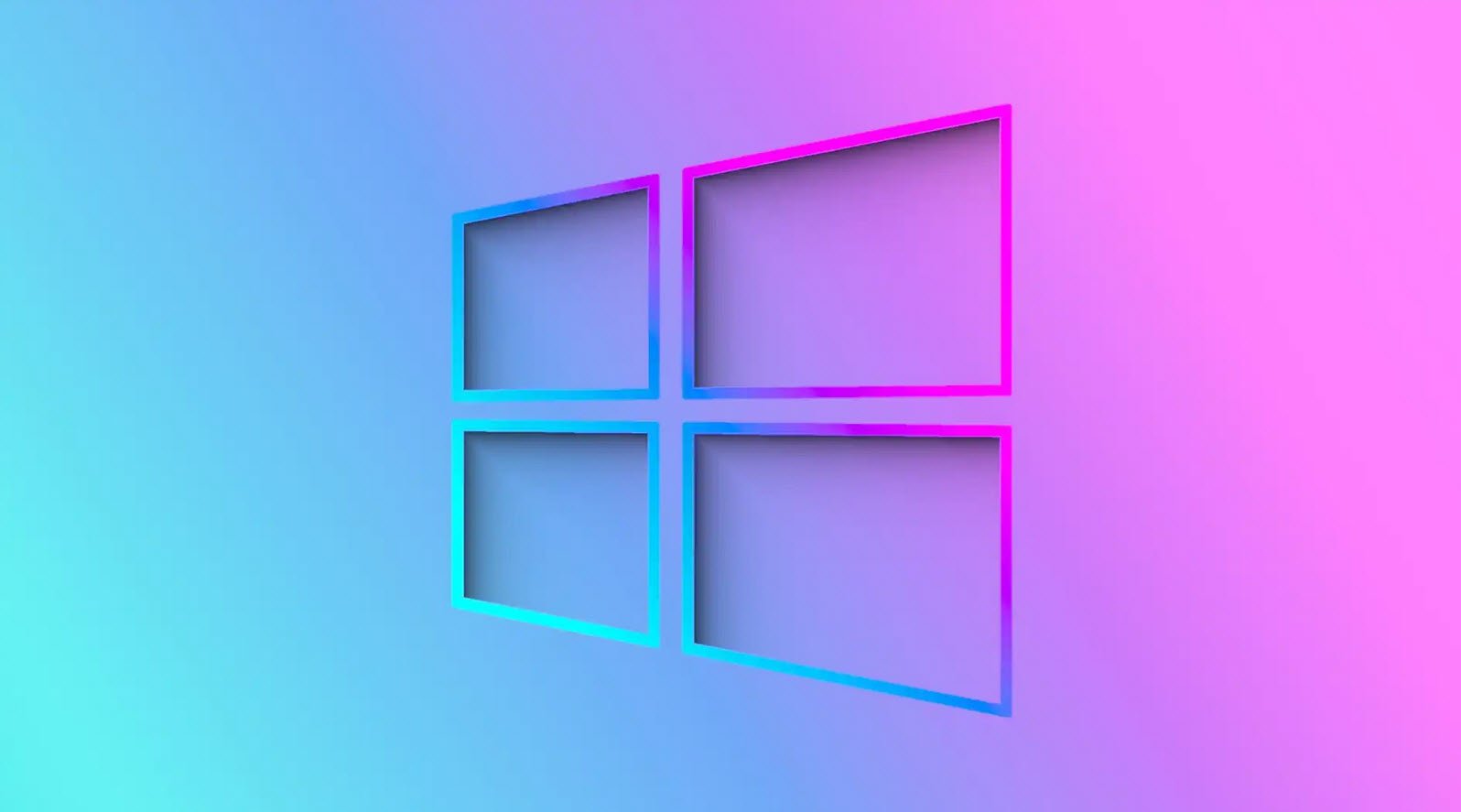
With the increasing digitalization of the world, cybersecurity has become an essential aspect of our daily lives. The internet is a treasure trove of information and opportunities, but it also poses a significant threat to our personal and professional lives. Cybercriminals are always on the lookout for vulnerabilities to exploit, and we must remain vigilant in protecting ourselves and our sensitive data.
In the modern era, cybersecurity has become a crucial aspect of our digital lives. With the rise of technology, the need to protect our digital assets from cybercriminals has become more pressing. Cybersecurity involves the practice of protecting our digital systems, networks, and devices from unauthorized access, theft, damage, or any other form of malicious attack.
The internet has become an essential part of our daily lives, and it is not uncommon to have sensitive information stored in our digital devices. Cybersecurity measures are necessary to safeguard our personal and professional information from cyber attacks that can cause significant harm. Cyber attacks can lead to data breaches, identity theft, financial fraud, and other criminal activities that can have a severe impact on our lives.
There are various forms of cyber attacks, including phishing, malware attacks, and hacking. Phishing attacks are designed to trick individuals into revealing their sensitive information, such as passwords, bank account details, or credit card information. Malware attacks involve the use of malicious software that can be used to access or damage a computer system or network. Hacking is the process of gaining unauthorized access to a computer system or network.
To protect ourselves from cyber attacks, we must take several precautions. One of the essential steps is to use strong and unique passwords for all our digital accounts. It is also advisable to enable two-factor authentication, which adds an extra layer of security to our accounts. Installing antivirus software and keeping it updated can help protect our devices from malware attacks. Keeping our devices and software updated with the latest security patches is also essential in preventing cyber attacks.
Types of Cybersecurity Threats
There are various types of cybersecurity threats that we need to be aware of and protect against, including:
- Malware – Malware refers to any malicious software designed to harm your device or steal your data.
- Phishing – Phishing is a form of social engineering where cybercriminals use fake emails, text messages, or phone calls to trick you into sharing sensitive information.
- Ransomware – Ransomware is a type of malware that encrypts your files and demands payment in exchange for restoring access.
- Denial-of-service attacks – Denial-of-service attacks are designed to overwhelm a system, making it inaccessible to legitimate users.
The Impact of Cybersecurity Threats
In addition to individual efforts, organizations and businesses must also take cybersecurity seriously. Companies hold vast amounts of personal and sensitive information about their employees and customers, making them prime targets for cybercriminals. Implementing proper cybersecurity protocols, such as firewalls, intrusion detection systems, and data encryption, can help safeguard against cyber attacks.
Cybersecurity threats can have a significant impact on our personal and professional lives, including:
- Financial Losses – Cybercriminals can steal your sensitive financial information, causing significant financial losses.
- Identity Theft – Cybercriminals can steal your identity and use it for illegal activities.
- Reputational Damage – Cybersecurity breaches can cause significant damage to a company’s reputation, leading to loss of business.
Tips for Protecting Yourself from Cybersecurity Threats
Cybersecurity is an ongoing battle, and new threats are continually emerging. As technology continues to evolve, it is crucial to remain vigilant and stay informed about the latest cybersecurity trends and best practices. Regularly backing up our data, being cautious of suspicious emails and links, and avoiding public Wi-Fi networks can also help protect us from cyber attacks.
- Use Strong Passwords – Use unique and complex passwords and change them regularly.
- Install Anti-Virus Software – Install anti-virus software on your devices to protect against malware.
- Be Cautious Online – Be wary of clicking on links in emails or text messages, and avoid giving out sensitive information.
- Keep Your Software Up-to-date – Regularly update your software and devices to ensure they are protected against known vulnerabilities.
Conclusion
In conclusion, cybersecurity is an essential aspect of our lives that we must prioritize to protect ourselves and our sensitive information. By being aware of the different types of cybersecurity threats and taking necessary precautions, we can stay safe online. We hope this article provides you with valuable insights and helps you in your journey towards a secure online presence.
You may also like:- How To Fix the Crowdstrike/BSOD Issue in Microsoft Windows
- MICROSOFT is Down Worldwide – Read Full Story
- Windows Showing Blue Screen Of Death Error? Here’s How You Can Fix It
- A Guide to SQL Operations: Selecting, Inserting, Updating, Deleting, Grouping, Ordering, Joining, and Using UNION
- Top 10 Most Common Software Vulnerabilities
- Essential Log Types for Effective SIEM Deployment
- How to Fix the VMware Workstation Error: “Unable to open kernel device ‘.\VMCIDev\VMX'”
- Top 3 Process Monitoring Tools for Malware Analysis
- CVE-2024-6387 – Critical OpenSSH Unauthenticated RCE Flaw ‘regreSSHion’ Exposes Millions of Linux Systems
- 22 Most Widely Used Testing Tools








